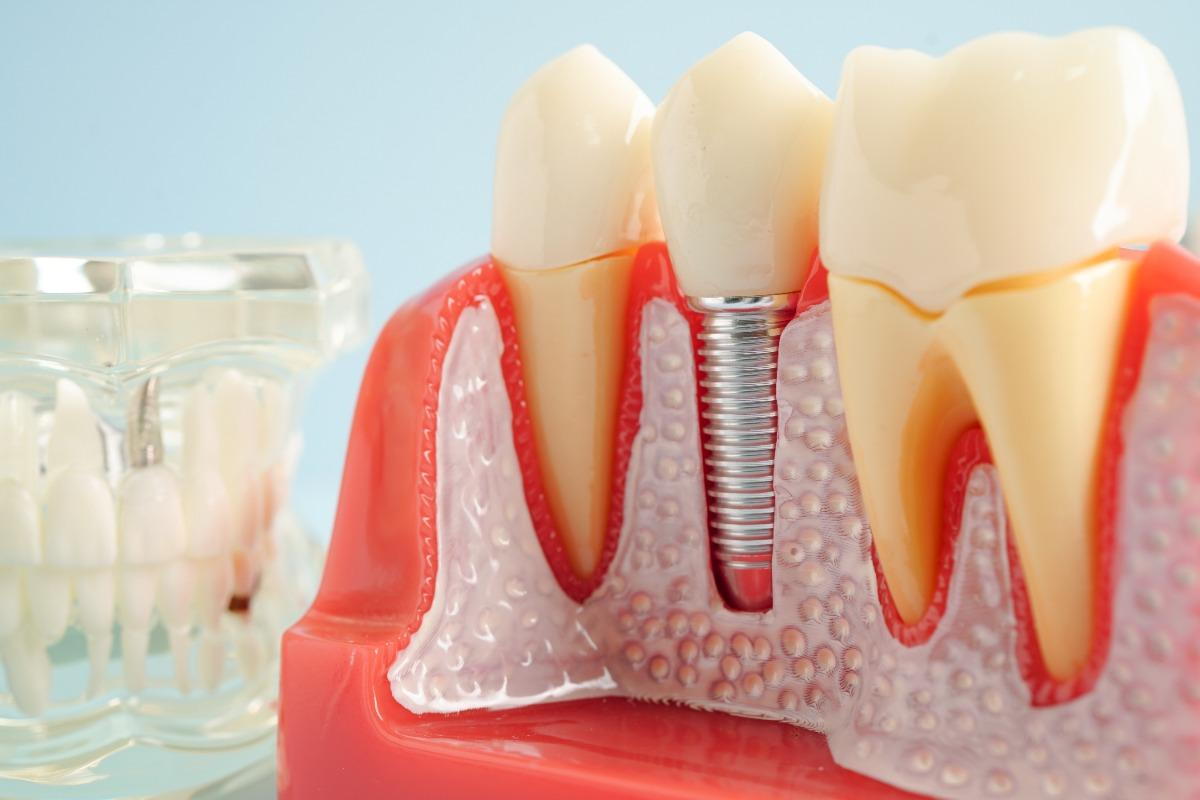Dental implants have revolutionized tooth replacement, offering a durable and natural-looking solution for missing teeth. For those considering dental implants in Dubai, a common question is: how long do these implants actually last? Understanding the factors that influence the lifespan of dental implants can help patients make informed decisions and take steps to ensure their investment lasts a lifetime. This article explores the expected longevity of dental implants and the key factors that affect their durability.
Average Lifespan of Dental Implants:
On average, dental implants can last anywhere from 10 to 25 years, with many lasting a lifetime when properly cared for. Advances in implant technology and surgical techniques have significantly improved their durability. However, the actual lifespan depends on multiple factors including the patient's oral hygiene, overall health, and lifestyle habits. When opting for dental implants in Dubai, it is important to follow your dentist’s recommendations to maximize the lifespan of your implants.
Importance of Oral Hygiene in Implant Longevity:
Maintaining excellent oral hygiene is crucial to prolonging the life of dental implants. Implants are susceptible to peri-implantitis, a condition similar to gum disease that can cause bone loss and implant failure if not treated early. Regular brushing, flossing, and professional dental cleanings are essential to keep the gums healthy around the implant site. Patients who maintain good oral hygiene habits typically enjoy longer-lasting dental implants.
Impact of Lifestyle Choices on Implant Durability:
Lifestyle habits such as smoking and excessive alcohol consumption can significantly reduce the longevity of dental implants. Smoking restricts blood flow to the gums, impeding healing and increasing the risk of implant failure. Excessive alcohol can also delay healing and increase inflammation. For those seeking dental implants in Dubai, quitting smoking and moderating alcohol intake before and after surgery is highly recommended to enhance implant success.
Role of General Health and Medical Conditions:
Overall health plays a major role in how well dental implants integrate and last. Conditions such as diabetes, osteoporosis, and autoimmune diseases can affect bone healing and increase the risk of implant complications. Proper management of these health issues, along with regular dental visits, is essential to maintaining implant longevity. Communicating your medical history with your dental specialist ensures personalized care tailored to your needs.
Quality of Implant Materials and Technology:
The choice of implant materials and the expertise of the dental surgeon also influence implant durability. Modern dental implants are made from high-quality titanium or zirconia, known for their biocompatibility and strength. Clinics offering dental implants in Dubai often use advanced imaging and surgical techniques to optimize implant placement, which improves long-term outcomes and reduces the risk of failure.
Influence of Bone Density and Jaw Health:
Successful dental implant integration depends heavily on the quality and quantity of the jawbone. Adequate bone density provides a stable foundation for implants. Patients with insufficient bone may require bone grafting to ensure implant stability. Without proper bone support, implants are more likely to loosen or fail. Dental professionals in Dubai assess bone health before recommending implants to enhance treatment success.
Importance of Regular Dental Check-ups:
Routine dental check-ups are essential to monitor the health of dental implants over time. Dentists evaluate the condition of the implant, surrounding gum tissue, and bone to catch any early signs of complications. Professional cleanings remove plaque and tartar buildup that regular brushing may miss. Patients who adhere to scheduled visits tend to enjoy longer-lasting implants and fewer issues.
Signs That Dental Implants May Need Attention:
Certain symptoms can indicate problems with dental implants, such as pain, swelling, looseness, or gum recession around the implant site. Early detection of these signs can prevent implant failure if addressed promptly. If you notice any unusual changes, consult your dentist immediately. Timely intervention helps maintain implant function and prevents more extensive treatments.
Final Thoughts:
Dental implants offer a reliable and long-lasting solution for missing teeth, with many implants lasting well beyond 20 years. Their longevity depends on several factors including oral hygiene, lifestyle choices, overall health, and professional dental care. Patients interested in dental implants in Dubai should work closely with their dental provider to ensure proper implant selection, placement, and maintenance. By understanding and addressing the factors that affect implant lifespan, you can enjoy a healthy, confident smile for many years to come.

